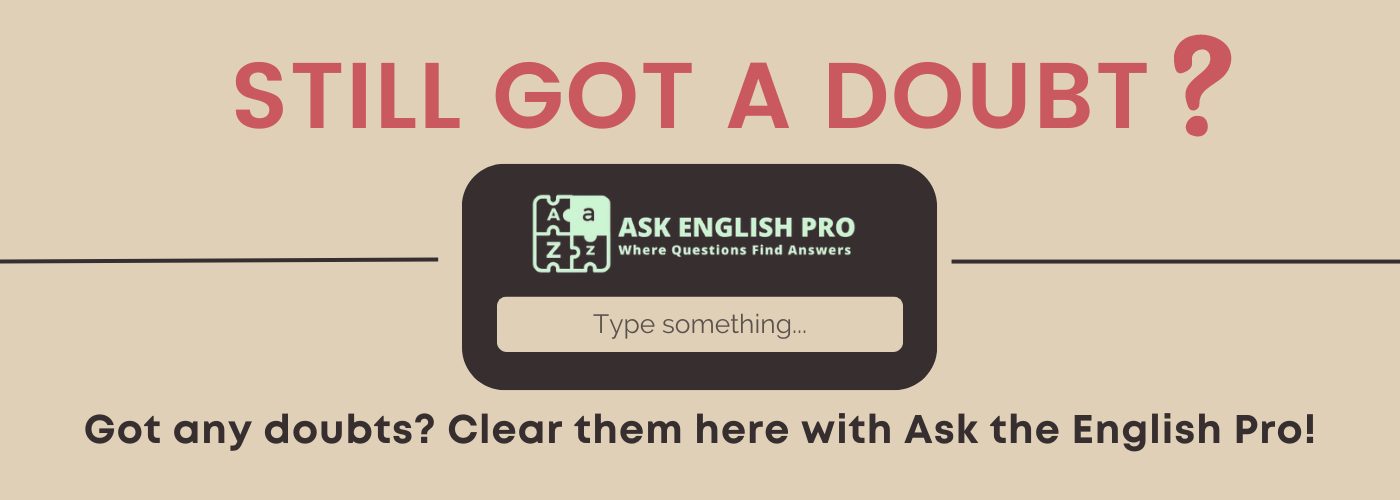Detailed Article for the Word “Vapid”
What is Vapid: Introduction
Imagine a drink that’s lost its fizz, a speech that drones without passion, or a book that drifts without any memorable lines—this is the essence of “vapid.” This word captures a particular lifelessness, the sense of something that might have once held energy but now lacks spark and substance. “Vapid” speaks to the human experience of encountering things that don’t inspire, don’t engage, and don’t ignite interest. In a world filled with stimuli, from lively social media interactions to dynamic cityscapes, “vapid” becomes a valuable descriptor, pinpointing those elements that seem hollow or empty, urging us to seek out experiences with more vigor and meaning.
Origin and History of the Word Vapid
The word “vapid” originated from the Latin word “vapidus,” meaning “flat” or “insipid,” initially used to describe drinks that had gone stale or lost their flavor. English adopted the term in the 17th century, where it carried a similar meaning, primarily associated with beverages that had lost their sparkle. Over time, however, “vapid” evolved from describing only tasteless drinks to describing anything lacking in vigor, sharpness, or depth. By the 18th century, it became a popular way to describe dull or uninspired conversation, art, or personalities. Today, “vapid” captures the essence of anything empty of substance, whether it’s a person, an idea, or an experience.
Meaning and Definition of Vapid
Vapid (adjective):
- Lacking flavor, zest, or interest; dull or uninteresting
- Without liveliness or spirit; uninspiring or flat
- (Often used to describe personality, conversation, or artistic work) Lifeless and lacking in originality or depth
Usage note: Often applied in a critical tone to indicate something or someone fails to stimulate or engage interest.
How to Pronounce Vapid
VAP-id
How to Remember Vapid: Memory Tips
To remember “vapid,” think of a soda bottle that’s been left open too long—it’s lost its fizz and has become flat, just as something vapid is lifeless or unexciting. Another way to remember is to link “vapid” with “vapor”: imagine something that’s all vapor and no substance. Visualize a lifeless, fizz-free drink or an empty, quiet room—both of these images evoke the absence of excitement and vitality that “vapid” describes.
Vapid in a Sentence: Examples and Usage
- Literary: The novel was beautifully written but ultimately vapid, lacking the emotional depth readers had hoped for.
- Social: The conversation at the party was so vapid that she struggled to stay interested.
- Artistic: Critics dismissed the exhibit as vapid, arguing it brought nothing new or thought-provoking to the art world.
- Professional: His presentation was well-organized, but the ideas felt vapid and uninspired, offering little value.
- Entertainment: The film’s plot was entertaining yet vapid, failing to leave any lasting impression.
- Marketing: The company’s slogan sounded catchy but was ultimately vapid, lacking any real message.
Difficulty Level of Using Vapid
Intermediate:
- Commonly found in literature and critiques
- Conveys a specific criticism, often of personality, style, or ideas
- Potential pitfalls include overuse and misapplication to descriptions that merely lack drama rather than depth
Modern Usage of Vapid in Contemporary Context
In today’s culture, “vapid” frequently appears in critiques of media, social interactions, and creative content, especially as people seek authenticity and depth in experiences. In digital media, for instance, “vapid” describes content that feels superficial or overly polished without substance—an accusation often directed at influencer culture, where curated lives may come across as shallow or lacking sincerity. The term is also common in cultural critiques of certain trends, such as fast fashion or formulaic film sequels, which some argue prioritize quantity over quality. In the workplace, “vapid” might describe presentations or meetings that feel like wasted time, lacking valuable content. As society increasingly values meaningful connections and original ideas, the term “vapid” serves as a reminder to seek richness over routine or pretense.



















